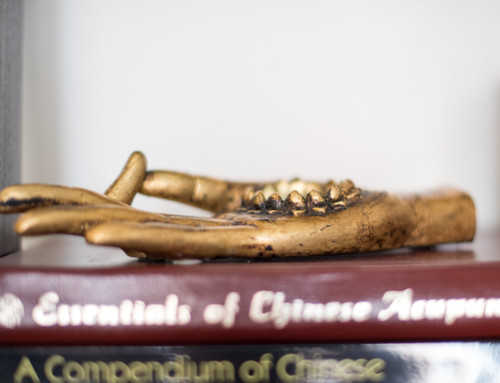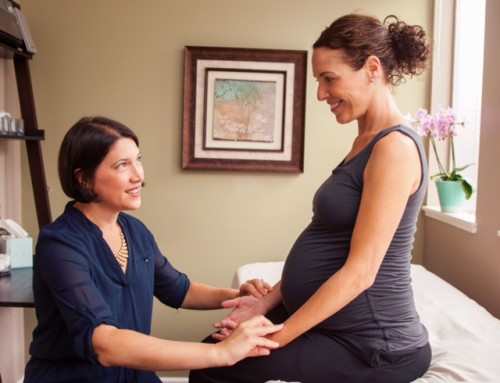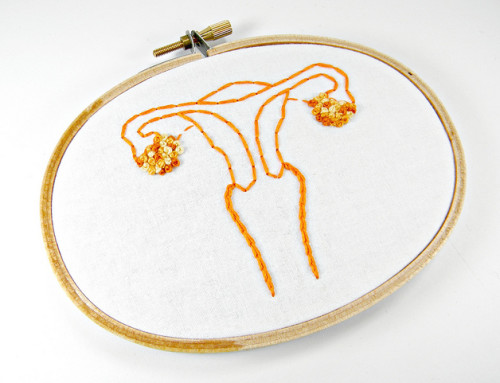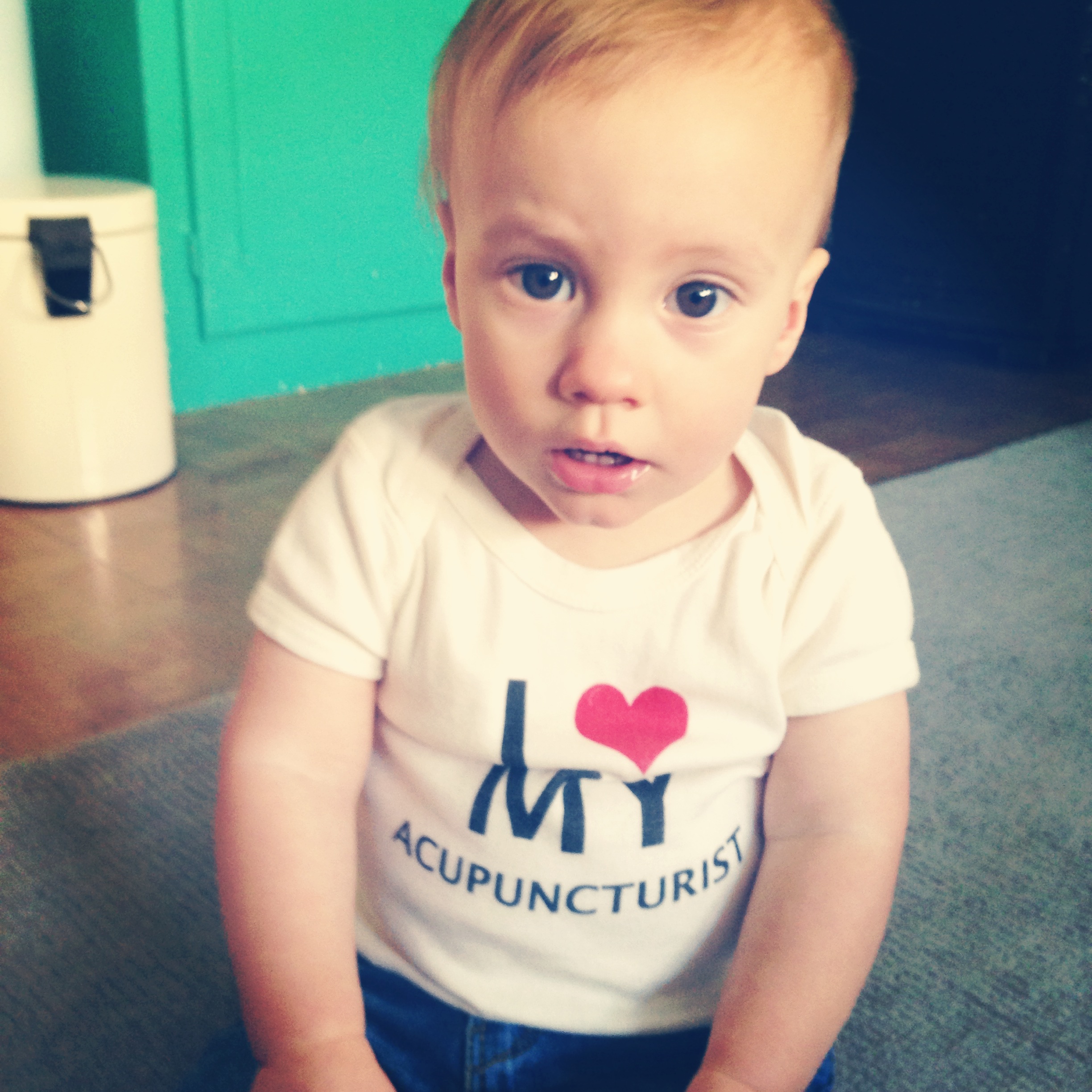 To recap our previous blog on the Prevalence of Polycystic Ovarian Syndrome (PCOS), we are finding more and more women of reproductive age with this common and complex endocrine disorder. While it is linked to certain genetic and and lifestyle factors, no definite cause has been determined by doctors. The signs and symptoms that women with PCOS experience can vary widely which is why it’s important that women, particularly in their teens through their mid 40s, know what to look for. PCOS left untreated can cause increasingly serious health risks ranging from fertility issues to diabetes to heart problems. Here’s what you need to know about recognizing the signs and symptoms of PCOS in this second component of our 4-part series.
To recap our previous blog on the Prevalence of Polycystic Ovarian Syndrome (PCOS), we are finding more and more women of reproductive age with this common and complex endocrine disorder. While it is linked to certain genetic and and lifestyle factors, no definite cause has been determined by doctors. The signs and symptoms that women with PCOS experience can vary widely which is why it’s important that women, particularly in their teens through their mid 40s, know what to look for. PCOS left untreated can cause increasingly serious health risks ranging from fertility issues to diabetes to heart problems. Here’s what you need to know about recognizing the signs and symptoms of PCOS in this second component of our 4-part series.
Signs & Symptoms
- Irregular or long cycles
- Absent period or amenorrhea
- History of ovarian cysts
- Acne
- Obesity, especially with weight gain in the abdomen
- Excessive body hair
- Blood sugar imbalances
- Inability to get pregnant
- Cessation of menses after stopping the birth control pill
It’s always important to discuss these symptoms with your acupuncturist as one or two of these alone could lead to a diagnosis of PCOS.
Diagnosis
So how can you know for sure if you have it? Talk to your practitioner. Because PCOS is so complex, only one or two of the above signs and symptoms must be present in order for you to be diagnosed with PCOS. Historically PCOS was diagnosed when polycystic ovaries were discovered via ultrasound. However, as we learn more about the disease, this symptom is not present in all women with PCOS. The the following lab tests must be interpreted by your doctor or acupuncturist before diagnosis:
- Pituitary and ovarian hormone serum levels
- Circulating androgens
- Insulin Resistance
- Blood lipid profile
- Thyroid panel
- Blood glucose levels
Those are a lot of big words, but we will interpret the results and discuss them with you. These tests are really the only way to determine if you have PCOS or not, as some women experience only some of the typical symptoms and may even have regular periods. There are also varying degrees of severity associated with this disorder and some women will be diagnosed with mild PCOS and may not be at risk for the same health conditions as other women.
If you think you may have PCOS, please give us a call. We are happy to help and find that natural medicine is very effective at resolving the condition permanently. How do acupuncture and herbs treat PCOS? Find out in our next blog on the Treatment of PCOS.




